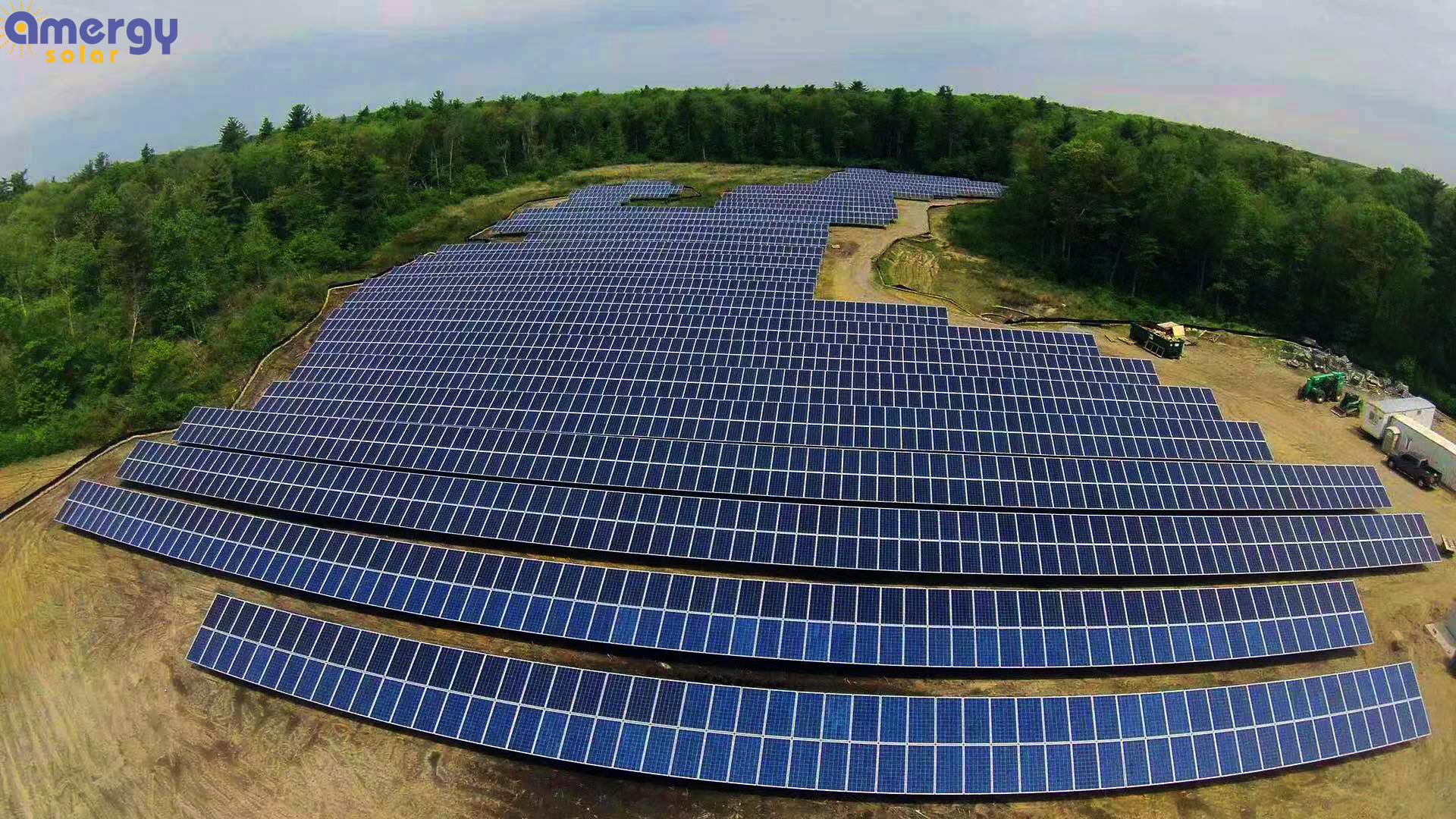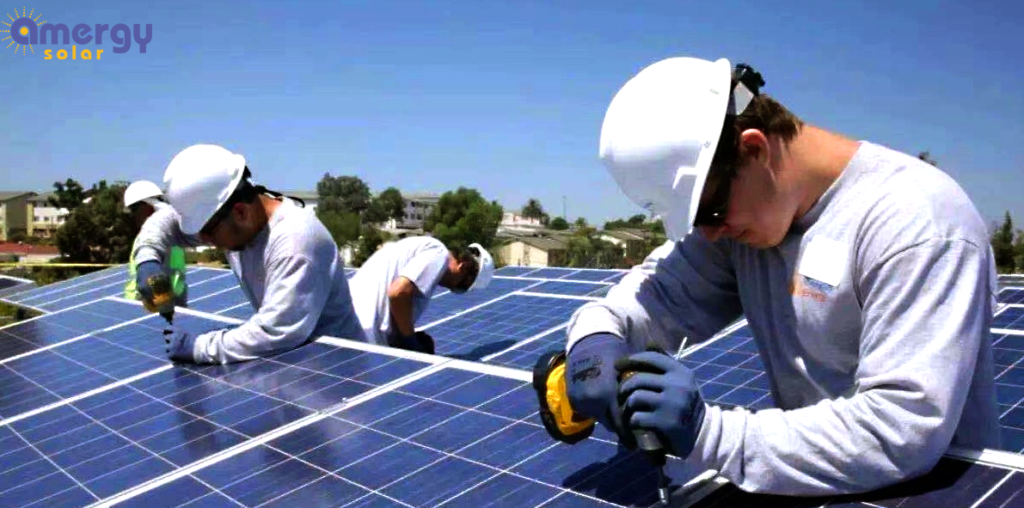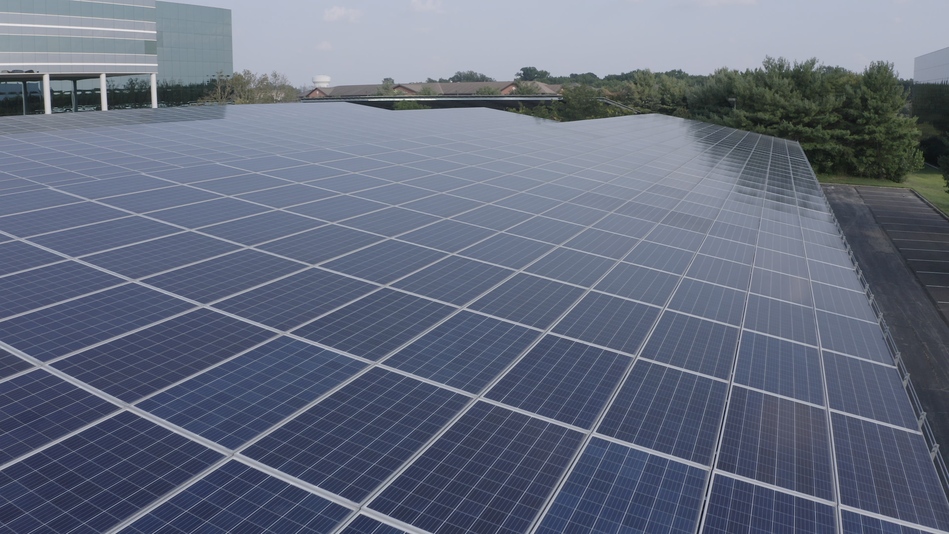Amergy, a leading player in the commercial and industry solar industry, is pleased to announce its participation in the upcoming Sunstone Credit Partner Summit. The Summit, Scheduled to take place from May 21-23 at EAST Miami, is set to bring together industry professionals from across the country for an enriching and collaborative experience.
The event’s agenda is packed with insightful panels and presentations covering the hottest topics in commercial solar, offering attendees an opportunity to gain valuable knowledge and insights. Additionally, the summit promises ample networking opportunities, providing a platform for fostering partnerships and collaborations within the industry.
“We are thrilled to have received an invitation from Sunstone Credit to attend this prestigious partner summit,” said Bill Wang, CEO and Founder at Amergy. “We extend our sincere gratitude to Sunstone Credit for this opportunity and look forward to engaging with industry professionals to exchange ideas and explore potential partnerships.”
Amergy, Know its specializes in serving the commercial and industrial sectors, with a primary focus on community solar, investment opportunities, and financing for a wide range of renewable energy projects. This encompasses solar installations, energy storage systems, EV chargers, and energy storage solutions. its proven track record demonstrates successful project development and the establishment of a significant portfolio of assets over the years. Amergy is eager to connect with familiar faces and make new acquaintances during the sunmit and aims to further strengthen its presence and partnerships within the industry.
To arrange a meeting with the Amergy team during the sunmit, interested parties are encouraged to reach out for a discussion on potential collaboration opportunities.
For more inquiries for further information, please contact:
Bill Wang (Linkedin link)
Vanessa Yao (Linkedin link)
About Amergy:
Amergy is a renowned company specializing in serving the commercial and industrial sectors, focusing on community solar, investment opportunities, and financing for various renewable energy projects. With a strong track record in project development and asset portfolio establishment, Amergy offers agnostic financing options and deploys energy storage solutions to improve reliability and resilience while reducing environmental impacts. Their mission is to turn available spaces into profitable assets and contribute to a sustainable future through innovation and excellence in the renewable energy industry.
Key Words: Sunstone Credit, Partnership, Commercial Solar






